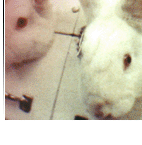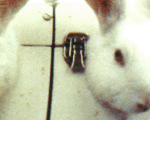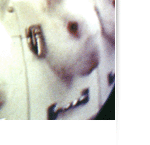Click here to go back.
REPLACING ANIMALS WITH VALID TESTS
It is completely natural that we as consumers expect our products to be tested for safety. It stands to reason that "Generally Regarded as Safe" ingredients have stood the test of time. By continuing to use an ingredient that has been safely consumed for decades, companies can be more assured of their product’s safety.
Many non-animal tests exist, and have already been implemented by numerous companies:
The Agarose Diffusion Method uses human cells to test for human eye irritancy.
Corrositex is an in vitro method of determining skin irritancy.
EpiOcular is a 3-D human eye tissue equivalent system to establish eye irritancy.
Irritection Assay System is an in vitro test to detect, rank and predict eye and skin irritation potential.
The Eytex test determines human eye irritancy.
Human cell and tissue cultures are used for various in vitro assessments.
With these tests founded in human material, no generalizations need to be made from one species to another. This assures accuracy and validity of the test results, providing us with more security in knowing human reactions.
These non-animal tests are not only humane, but in many cases less expensive than their animal-based counterparts. Eytex costs less than $100 and gives results in eight hours, whereas the Draize test utilizing animals costs up to $1,000 and lasts for weeks. Corrositex determines corrosiveness in as little as three minutes and costs approximately $200; animal-based tests for corrosiveness require two to six weeks, and cost $1,200-$1,800. Clearly, on all levels, non-animal test methods make sense.







